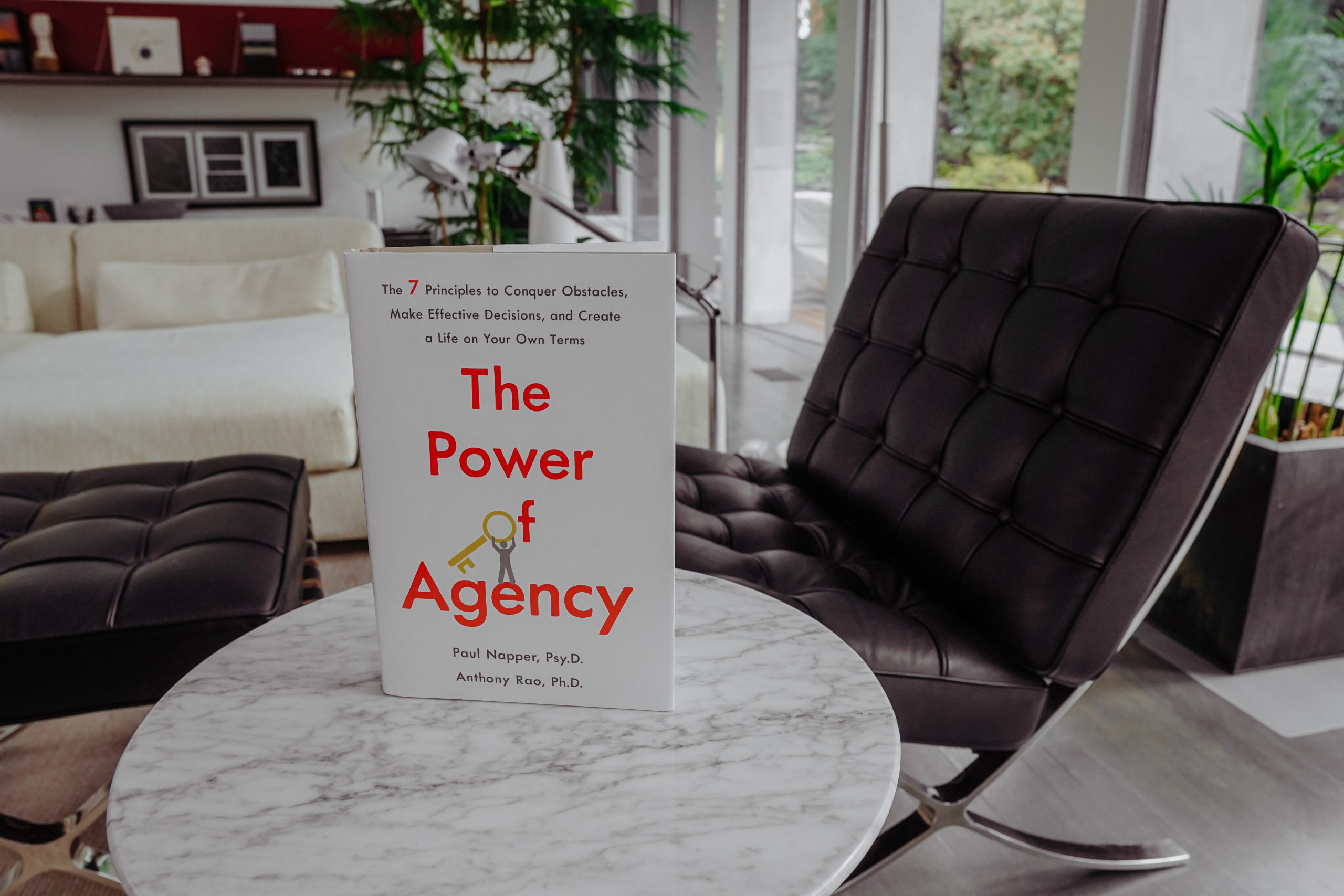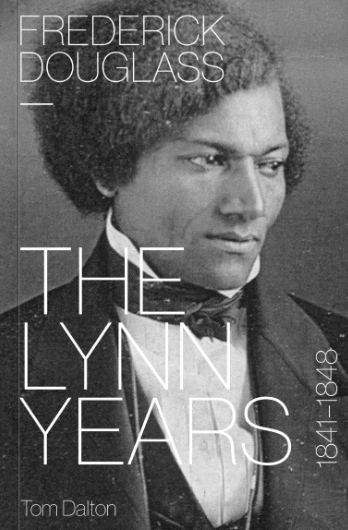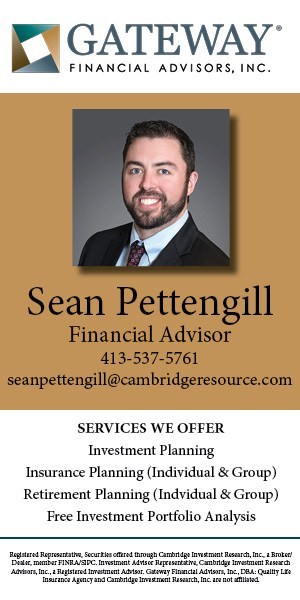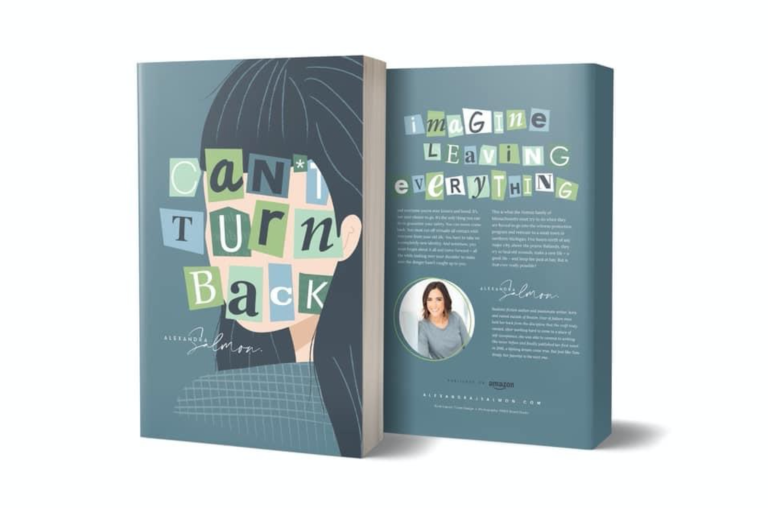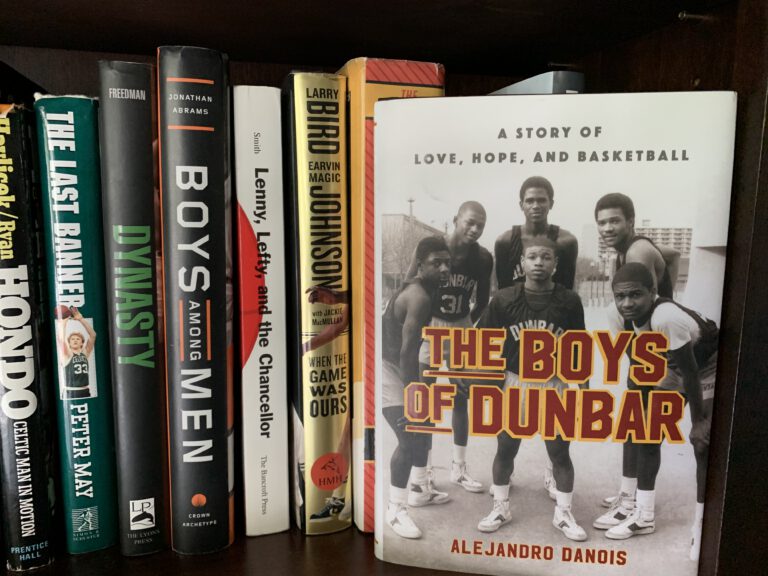BostonMan Magazine will be highlighting local authors and their books each issue.
Here is an excerpt from the newly released The Power of Agency by Boston natives Dr. Paul Napper and Dr. Anthony Rao.
***
Mental Toughness Starts with Building Confidence
People who are confident report lower anxiety, even in stressful situations. Their confidence fends off anxiety and overwhelmand makes them better decision-makers. What can these people teach us?
A good-sized cottage industry of alternative health practices, self-help books and products have arisen to deal with what we call the age of overwhelm. Some people unplug at scheduled times. Or hit the weight room, bike or run. Some practice yoga or meditation.
These are simple, effective ways to quiet the mind, retrain the self to focus closely on one task, or to be less of a couch potato. We recommend them to our clients, but at the same time none of them comprehensively addresses what is required of people to be ready and strong in terms of how they show up in their day-to-day lives.
More specifically, none of those approaches directly addresses the high mental demands of contemporary life head on. One of us (Anthony) is an experienced child and family psychologist, and the other (Paul) is a management psychology expert who helps business leaders improve their performance. We work with different people who arrive at our doors seeking to tackle challenges and work toward goals in very different realms of life. And yet we’ve been struck in recent years by a significant and troubling commonality in the way people describe the things that compelled them to seek a coach or therapist. Many report they are falling into a form of paralysis.
Our clients report frequent moments of feeling stuck and adrift. They struggle when having to deal with the volume of information coming their way, manage their emotions and beliefs, and make important decisions. Once competent and productive, many say they have effectively lost control of their lives.
But they can get it back.
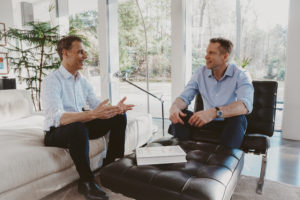
***
In long discussions about what we’d observed among our respective patients and clients, what emerged surprised us. We realized that people who were confident more of the time— that is, they were feeling more in charge of their lives, and in full control of their personal agency — reported less anxiety and overwhelm, even when they were placed under highly challenging, pressured situations.
Agency, we learned, was key. Agency is the ability to act as an effective agent for yourself — getting your mind, body, and emotions in balance to think clearly, advocate for yourself, and make choices that create good things in your life.
For us, this was a eureka moment. It wasn’t just that less anxious people felt more confident, but that confidence gained by being a high-agency person fended off anxiety and moments of overwhelm. There is a biological parallel here. The sympathetic nervous system (which ignites fear and aggression when the brain perceives threat) and the parasympathetic nervous system (which returns the mind and body to calm and homeostasis) work in this seesaw way.
The breakthrough idea we had is this: instead of trying to lower people’s worry or anxiousness (as many practitioners now do with pills and therapies), it should be attacked from the other end. Encourage a confidence that could actually help keep stress away. Do it by figuring out what empowers people, what gives people greater capacity to take control of their lives, cope and adapt, and nurture that. Our theory was that the resulting confidence would neutralize — or at least keep at bay — the negative emotions that so often drag people down.
We started integrating this approach into our work, explaining the concept in simple terms to adults, teens, and even kids as young as seven. First, reframing “problems” was key. We started telling people,You don’t necessarily have anxiety because you’re an “anxious person” or that it’s a given that there’s a “disorder” beyond your control boiling up from some mysterious biological place.We told them to frame what they were feeling more as an erosion in their confidence. Uneasiness isn’t the problem, we said. In fact, angst is the natural response that warns you that something is wrong, so we don’t always want to rush to sedate it. The real culprit involves actually being overwhelmed by real things happening in the world all around you. A you-can-have-it-allmessage — while sounding empowering — can set up people for disappointment when it unconsciously contains another message: you-need-to-be-the-best-at-everything-all-the-time.
We often tell clients that experiencing overwhelm is like seeing an automobile dashboard warning light going on. Something is happening that they need to pay attention to. But most people, when feeling overwhelmed, don’t stop to focus on figuring out the problem and mitigating the causes. Instead, most motor on.
We have to stop motoring on. Anxiety, and its close sibling overwhelm, have been on a steady march upward in the U.S. since at least the 1930’s. In recent years, it’s reached epidemic levels. According to data from the World Health Organization, America ranks as the most anxious nation on earth, with at least one in five — a full 40 million Americans — currently diagnosed with an anxiety disorder. Many more people are hovering just beneath that clinically diagnosable line, absorbing and carrying around unhealthy amounts of tension, worry, and fear, which create more distraction, restlessness, and fatigue. Hauling these symptoms around can lead to much worse trouble, including serious relationship problems, decline in job performance, substance abuse, depression and suicidal thoughts. Anxiety is the number one mental health concern we grapple with, and it’s tied to the current opioid epidemic. According to researchers from the University of Michigan and Dartmouth College, adults with clinical anxiety and depression are prescribed half of the opioid prescriptions in the U.S. According to the study, people in emotional pain can feel physical pain more acutely and have a more difficult time coping with it, making them more apt to request a medication to “dull the pain.”
There isn’t a quick fix solution. But answers can be found in incorporating the daily behaviors and ways of thinking that have worked well for high-agency people facing similar situations. These answers draw from research on confidence, resilience, grit (long-term perseverance and passion), cognitive behavior therapy, intuitiveness, and the benefits of physical movement.
Below are the seven principles we identified that build greater personal agency.
- Control Stimuli. Cutting back the number of distractions in your immediate environment increases your ability to choose where your attention goes, improves your level of concentration, bolsters creative thinking, and makes you less susceptible to impulsive acts and poorly thought-through decisions.
- Associate Selectively. Surrounding yourself with healthy, empathetic, open-minded, candid, and supportive people will boost your mood, elevate your motivation, and improve your overall health and wellbeing.
- Move. Focusing on movement, and on the nutrition and rest necessary to keep you active and in balance, increases mental and physical strength and stamina—essential building blocks to all body and mind functions.
- Position Yourself as a Learner. Actively questioning, listening, and learning as part of your daily routine gives you a deeper understanding of the world around you, enabling you to continuously expand your knowledge and capabilities.
- Manage Your Emotions and Beliefs. Cultivating greater self-awareness helps you to identify and bring order to strong feelings and beliefs that could misguide you, allowing you to navigate life with greater confidence.
- Check Your Intuition. Learning to access your intuition, and ensuring that you use it wisely rather than impulsively, provides valuable guidance as you make your way through challenges.
- Deliberate, Then Act. Using a defined deliberation process allows you to identify and weigh options in a contemplative, inclusive, rational way before making important decisions and positions you to take positive, clear, decisive actions.
In our experience, everyone has the capacity to develop greater agency. But it does require some focused attention on your part. Agency is what humans have always used to feel in command of their lives. With higher levels of agency, you will be able to live in greater accord with your interests, values, and inner motivations. You will be able to make higher quality decisions that take you where you want to go in life.
We’ve all witnessed many people who have been given more than their fair share of good fortune and have squandered it through making poor life choices. We’ve also witnessed people lead themselves through seemingly insurmountable challenges because they stood back, opened themselves up to learning, were willing to question their basic assumptions and beliefs, and were willing to risk moving forward decisively at the right time. High agency is a relative term. It does wax and wane across different situations and time periods for all of us. It’s not an achievement or a goal onto itself, but rather something to be cultivated and maintained.
There’s no black belt for agency. Instead, agency is about starting with who and where you are now and going from there, going at your own pace, and moving forward. For more information on specific tools and techniques to build greater confidence and defeat overwhelm read our book, The Power of Agency.
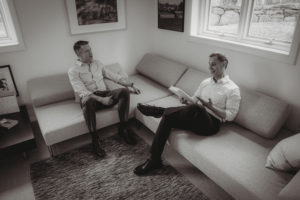
Praise for the Power of Agency

